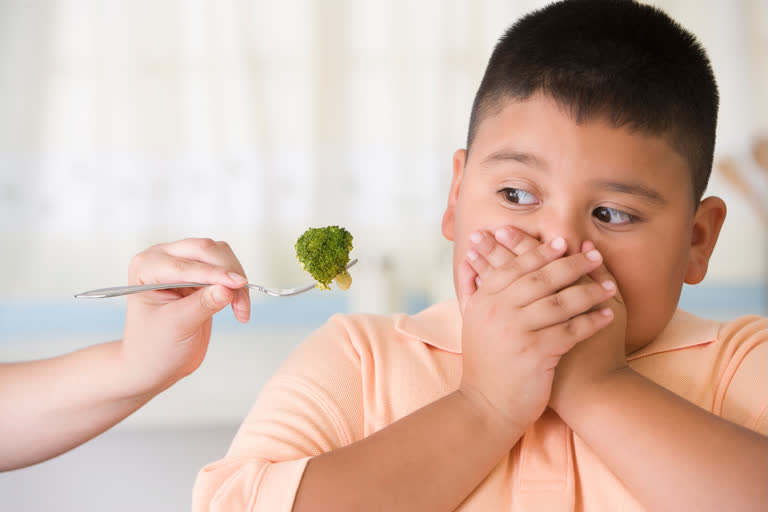Abnormal or excessive fat accumulation on the body is referred to as Obesity, which is also a cause of several risk factors. Unfortunately, what we are observing today is that not only adults are affected by this condition, children and adolescents too, are being adversely affected. The reasons for this are changes in dietary habits, lack of exercise or physical activities, genetic factors, etc.
Our expert nutritionist, Deepti Verma, Program Head Nutrition VLCC Healthcare says, “Childhood Obesity is a medical condition amongst the children and adolescents, who are obese or carry excess weight for their age and height. We see that there has been a continuous rise in the cases globally. The bigger concern is that these children grow up to be more susceptible to serious medical conditions like diabetes, cardiovascular disorders, thyroid disorders, etc.”
We asked our expert why childhood obesity has become a common problem in today’s scenario and she explains that its primary cause is the increasing trend of eating refined and processed foods like chips, fizzy drinks, packed juices, and other fast foods which are nutritionally very deficient. Apart from the diet, children today spend a lot of time playing screen games, they have long tuition hours, which makes them sedentary and hence, adding to further medical conditions in them. Basically, “Children are eating more calories than they burn, which keeps on adding to their weight”.
What should be included in the diet?
Our expert suggests, “Ideally children should have a balanced diet from all food groups in the right proportion”. Their diet should especially include:
- Carbohydrates
- Proteins
Tips for a healthy body
- Start with a healthy breakfast
- Eat a balanced meal at the right time
- Ensure sufficient physical activities
- Have an adequate amount of sleep and rest
- Avoid processed and sugary packaged foods
- Parents have to be the role models of children. They should not exhibit dislike for certain foods, as children may start to emulate that.
- Do not force your children to finish all the food on the plate. “Such practices may disrespect the child’s natural, biological hunger cues”.
- Turn your meal times into family times. It will make mealtime more enjoyable for the kids.
- Make the meal times “gadget-free”, since it can lead to excess consumption of food, which may result in obesity. This is because they are concentration more on screens than on what and how much they are eating
As much as the physical activities are important for almost all age groups, the existing COVID-19 pandemic times have restricted us to our homes. Our nutritionist Deepti says, “Parents should emphasize on giving their kids healthy and high fiber home-cooked meals, low in fat. Ensure having adequate amounts of water throughout the day”. She also recommends having family workout sessions at home including spot jumping, yoga, dancing, etc.
For more queries on Childhood obesity and nutrition, you can reach out to Deepti: deepti.verma@vlccwellness.com.



